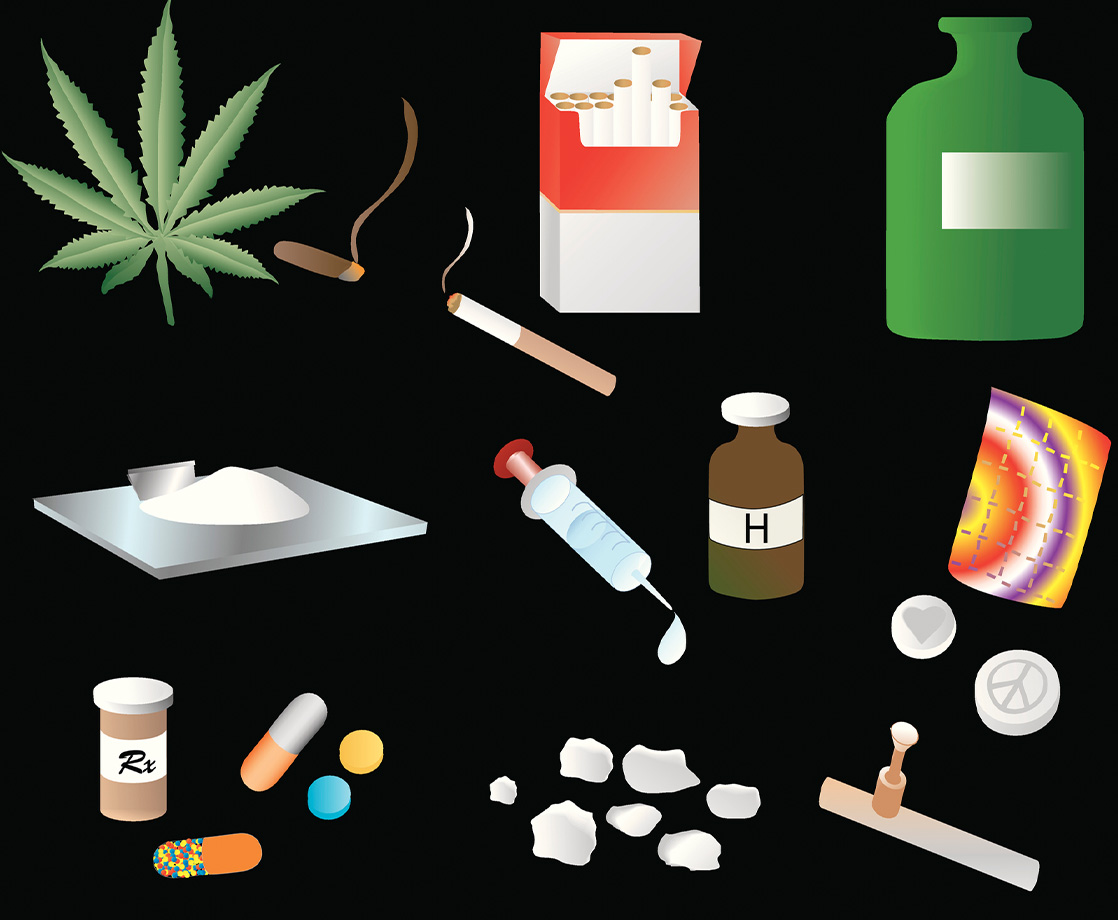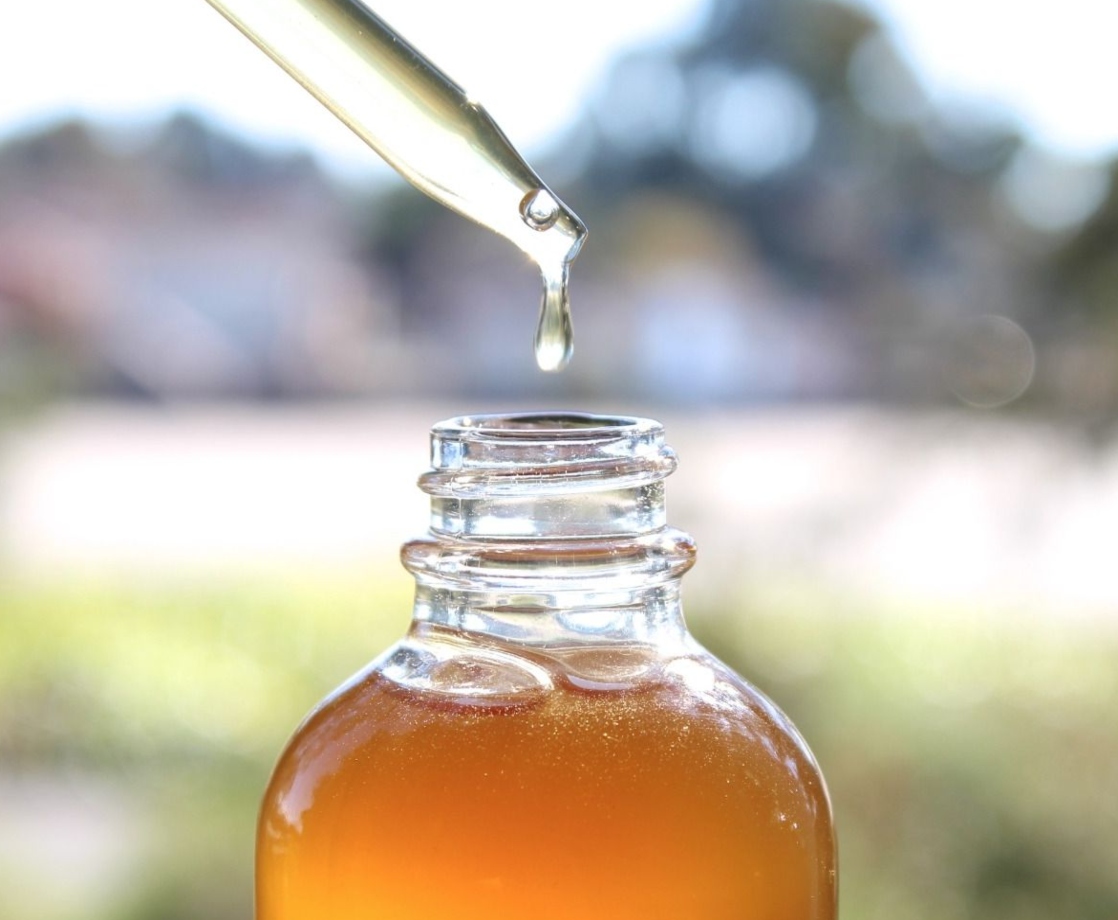Oregon drug reform advocates have just started collecting signatures for a ballot campaign that would decriminalize minor possession of any drug while vastly expanding the number of addiction treatment centers in the state.
The proposed ballot measure, officially titled the “Drug Addiction Treatment and Recovery Act,” or Initiative Petition 44 (IP44), was created to “establish a more humane and effective approach to drugs,” according to Marijuana Moment. The proposal would create new addiction recovery centers, offering evidence-based treatment and peer-supported recovery services. Transitional housing for substance abusers as well as harm reduction interventions, including drug education and outreach, is also a part of this plan.
Rather than creating new taxes to fund these programs, the proposal suggests tapping into the state’s surplus of legal cannabis sales tax revenue. The proposal would dedicate all weed tax revenue in excess of $45 million a year to fund these new drug treatment options.
The campaign explains that out of all US states, Oregon is basically in last place when it comes to providing access to drug addiction treatment. But if the measure succeeds, the state’s estimated $145 million in annual weed tax revenue would generate $100 million in drug treatment funding — increasing the state’s public expenditures for substance abuse by 395 percent.
IP44 would also decriminalize the possession of small, personal-use amounts of any illegal drug. The campaign makes it clear that the proposal would not legalize any drugs, and felony charges for manufacturing or selling illegal drugs would remain in effect. Laws against drug-impaired driving and other drug-related crimes would also remain unchanged.
If the initiative passes, individuals busted for personal-use possession will receive a civil fine of up to $100, with no jail time, rather than being charged with a misdemeanor that will remain on their criminal record for life. An individual could also have this fine waived by checking themselves into one of the new addiction recovery centers that would be created by the program.
The campaign notes that state cops arrest 8,600 Oregonians for drugs every year, amounting to one arrest per hour. Enforcement of drug prohibition laws takes up a massive amount of police time and resources, which could be refocused on tackling serious crimes, like locating missing children or solving murder cases.
Advocates filed the initial version of this ballot back in September and collected enough signatures to ensure that there was enough public support to potentially back the measure. Now, the campaign has begun in earnest, and as of last Friday, petitioners have already collected 48,471 signatures. In order to place the measure on this year’s ballot, petitioners will need to collect a total of 112,020 signatures, each of which must be verified by state authorities.
Another advocacy group in Oregon launched PSI2020, a ballot measure that would fully legalize the use of psilocybin mushrooms for therapists only. Unlike fellow activists in Oakland, who are working toward creating a licensed and regulated legal psychedelics market, PSI2020 would not legalize the sales of psilocybin mushrooms. Rather, the measure would allow licensed facilities to administer the entheogen for psilocybin-assisted psychotherapy. This campaign has only collected 38,805 signatures so far, however.











